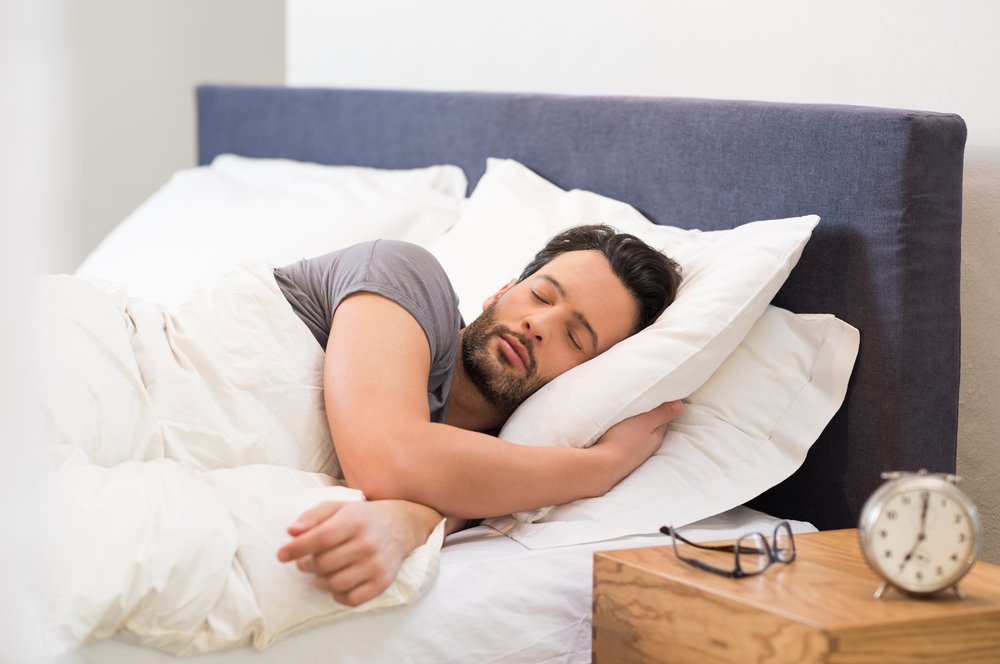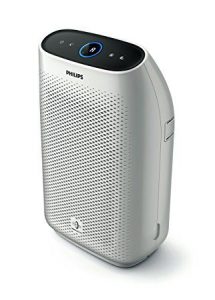
Is sleep affected by pollution?
We sleep almost one whole third of our lives, which corresponds to a little over 23 years. As we have been saying over and over again, sleep is one of the foundations of our health, our well-being and therefore our quality of life. In short, there are countless health benefits of sleep.
We also all know that air pollution is extremely dangerous for health. During the last few decades, organizations and governments have been insisting on addressing the issues related to climate change and pollution, whether it is water pollution, air pollution, etc.
In our case, we will focus more on air pollution, as it increases the risk of not only sleep disorders, but also cardiovascular and respiratory diseases such as asthma, which, naturally, has an enormous impact on the quality of your sleep.
The influence of air pollution on the sleep of people with sleep disorders
A study conducted has confirmed the negative effects of air pollution on sleep, especially in people with sleep apnea. Basically, this study has shown how air pollution tends to aggravate the symptoms of sleep apnea for people who suffer from this condition.
Aggravated symptoms for people who suffer from sleep apnea

Sleep apnea is characterized by interruptions of breathing during the night. If the sleep cycle is disrupted, it can cause daytime sleepiness, high blood pressure, and severe heart diseases like stroke, cardiac arrest, etc. To deal with any of these conditions, you may need to look for a professional and adopt additional devices. For instance, a person with heart disease may have to invest in a tool like automated external defibrillator to be used as a CPR assistance and first response kit for irregular heartbeats. Similarly, sleep apnea can increase the chances of acquiring other disorders which can overall affect the physical and mental health of a person.
Sleep apnea syndrome concerns 2 million people, and more particularly men (60%) between 55 and 70 years. This study has established that the presence of polluting particles in the indoor air increases breathing problems during sleep. The risk of respiratory problems for people working may rise to 13% during the summer. This can be quite logical as it is known that when temperatures rise, pollution gets worse.
But in concrete terms, what are the risks? Let’s look at this closer in order to find ways to improve your room’s condition and thus guarantee a better sleep for yourself.
Specifically, when breathing is required in order for the body to slip into its sleeping mode, many particles end up being inhaled – and that occurs on a daily basis. These polluting particles affect the nervous and respiratory systems, and can lead to sneezing, inflammation of the sinuses, feelings of exhaustion and tiredness upon waking up.
Thus, people with breathing difficulties and bad health conditions, as well as people who suffer from some kind of chemical allergy because of the poor quality of the air that worsens their symptoms, are bound to deal with sleeping issues on top of their already existing problems. If your symptoms are getting worse, you may want to contact your doctor at the earliest possible time and take the prescribed medication to ease the symptoms. Additionally, you can also hire professional cleaners to do a thorough cleaning of your home.
The air indoors can also be polluted which may cause issues to people with existing lung conditions. It’s not just the usual air pollution particles that can get indoors and cause issues either. Sometimes unresolved or unknown mold might be releasing spores into the air of an individual’s home. This can of course cause issues with breathing and sleeping comfortably. People may want to look for Mold Remediation Services or another mold removal method, if they do find mold in their home, to possibly stop the spores from interrupting their sleep and causing health issues any further.
The higher the rate of air pollution gets indoors, the less sleep is gotten and the worse the quality of sleep is. This happens due to the increase in waking up episodes and respiratory problems, which reduces the duration of the sleeping phases during which the body truly rests and restores its energy. To avoid such air quality issues, it is prudent to ensure that the air conditioners and other ventilation systems of a home are functioning well, without carrying dust and allergens into the air inside. Getting in touch with a professional can help in fixing any problems with the HVAC, replacing air purifying filters, and maintaining overall air quality inside the home.
Another recent study shows that the quality of the air also affects the quality of sleep of people suffering from such problems. It also has discovered that sleep is better in a well ventilated room. This study was mainly about the concentration of CO2 and how that is an interesting index of the role of pollutants on our state of freshness in the morning.
What about the solutions?

Now that we have exposed the main issues that pollution causes on sleep, let’s go through some tips and solutions that may help you with improving the quality of the air in your room so that you can get as much sleep as possible and feel as rejuvenated as possible!
Here are some simple actions you can do so that you can improve the air inside your room, which will guarantee you a better sleep:
- First of all, make sure to ventilate your room by opening the windows frequently or simply by installing a fan in your room in order to get the air flowing in and out of it!
- Second of all, do not smoke inside the house. I don’t think I need to explain to you just how dangerous smoking is, not just for your health, but for the health of all the people who are around you – especially those who are living with you if you happen to smoke indoors. Smoking should never be done indoors as that heavily affects the quality of the air in a closed area, and that is almost the same as directly smoking for people who breathe that air.
- Regularly change your sheets in order to get rid of the dust that may cause you some allergies and have a bad impact on your breathing. Always opt for soft sheets in order to control your body temperature better – which is a key tip when it comes to improving the quality of your sleep!
- Avoid leaving pets in your room. That is quite sensible as some of our pets might leave their fur behind and that unfortunately has an influence on your breathing.
- Decrease the excessive use of candles and essential oils. Though they are very helpful when it comes to relaxing and letting loose, you should avoid having their scent spread all day in your room as they contain some chemicals that happen to be very dangerous for your health.
- Consider buying an appropriate air purifier for your bedroom, so that it can purify your air and help you sleep better.
